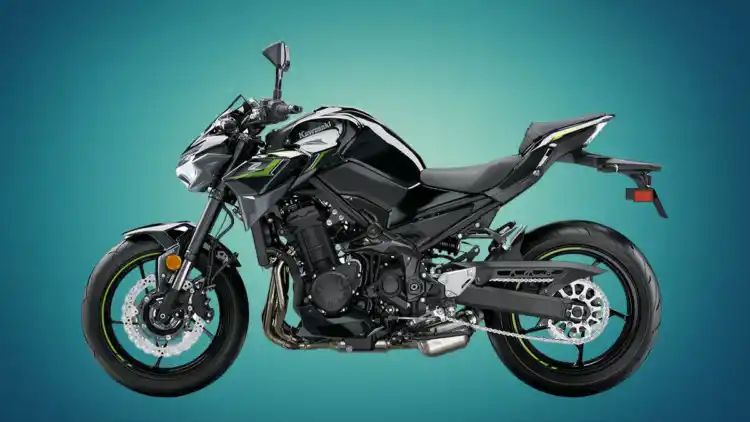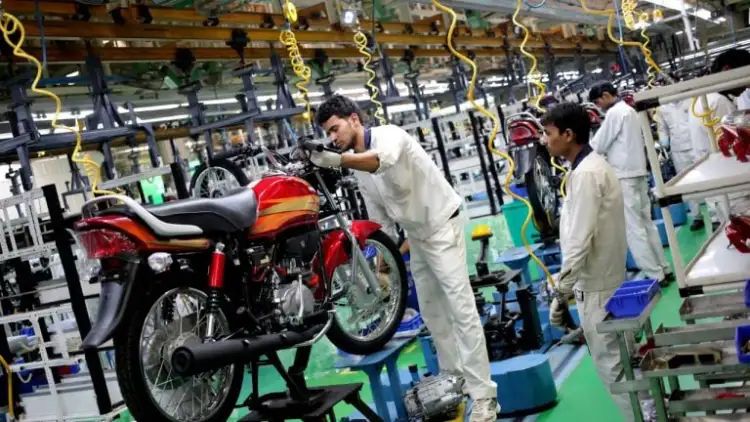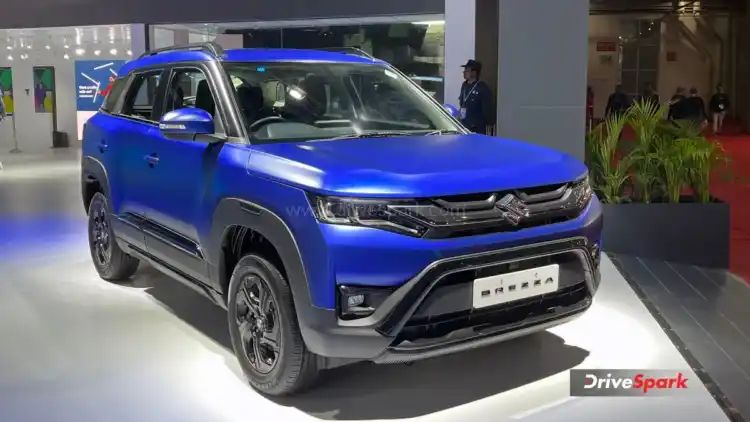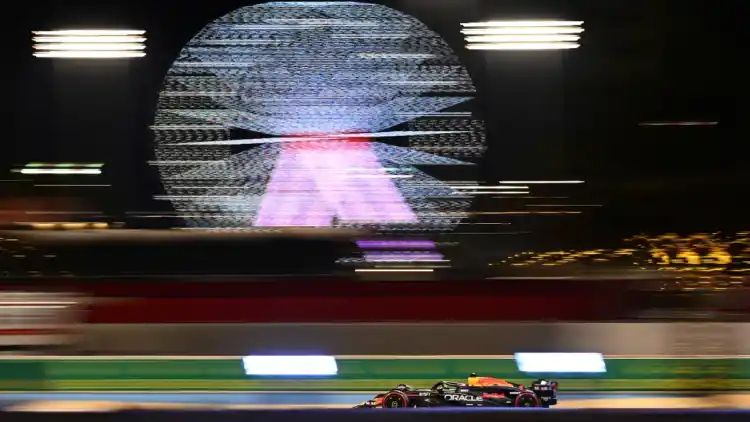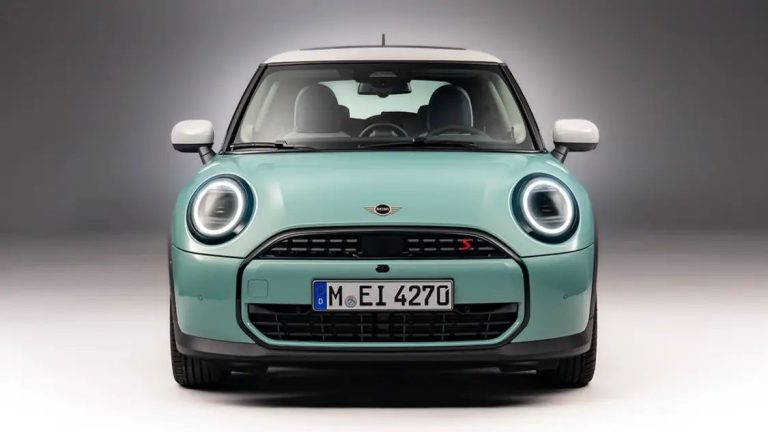Fisker Ocean SUV Production Halted Amid Financial Hurdles: Company Seeks Financial Support
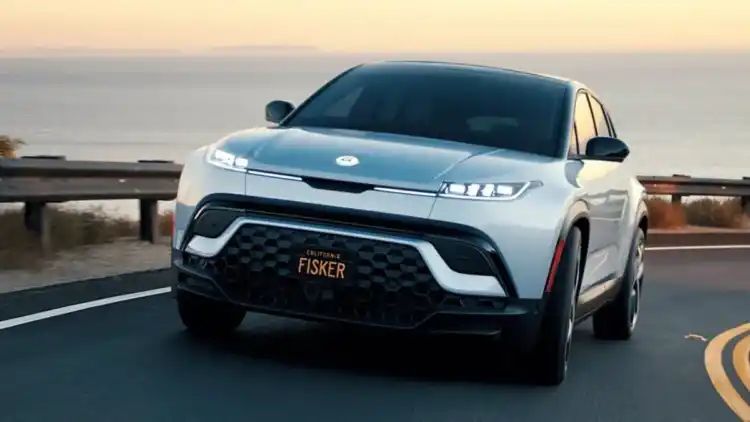
Fisker is currently facing challenges in continuing its operations and has temporarily halted the production of its Ocean SUV for six weeks.
This move comes amid difficulties in securing the necessary financial support.
Despite receiving USD 150 million (approximately Rs 1,244 crore) from an existing investor, Fisker is still in talks with what is rumoured to be Nissan for additional funding. The company is in the process of negotiating a deal that could see a potential USD 400 million (approximately Rs 3,321 crore) investment from a major carmaker.
This financial injection would give the investor access to Fisker’s electric vehicle (EV) platform, including the technology behind Fisker Alaska. These negotiations are aimed at establishing a partnership or investment to bolster Fisker’s future operations.
From the start of the year until March 15, Fisker managed to manufacture around 1,000 Ocean SUVs and delivered about 1,500 units. Currently, the company has an inventory of approximately 4,700 units, with a valuation exceeding USD 200 million (approximately Rs 1,660 crores). However, the production pause is a strategy to adjust inventory levels and enhance financing and strategic plans.
Fisker’s Strategic Shift
Alongside these operational adjustments, Fisker has made the difficult decision to suspend the development of its Pear hatchback, an affordable compact EV. This decision follows a significant loss of USD 463.6 million (about Rs 3,855 crore) in the fourth quarter of 2023.
The company is now focusing its resources on increasing the production of the Ocean SUV and implementing necessary software updates for the vehicle. Originally, Fisker had plans to introduce 100 units of the Ocean SUV to the Indian market.
However, this initiative is likely on hold due to the current financial constraints and adjustments in production. The company’s recent establishment of a headquarters in Hyderabad showcases its commitment to the Indian market, despite the present challenges.
Fisker’s situation highlights the volatile nature of the EV industry, where securing sufficient funding and managing inventory levels are crucial for sustainability and growth. As Fisker navigates these financial negotiations and strategic shifts, the outcome of these discussions could significantly influence the company’s trajectory and its impact on the global EV market.
